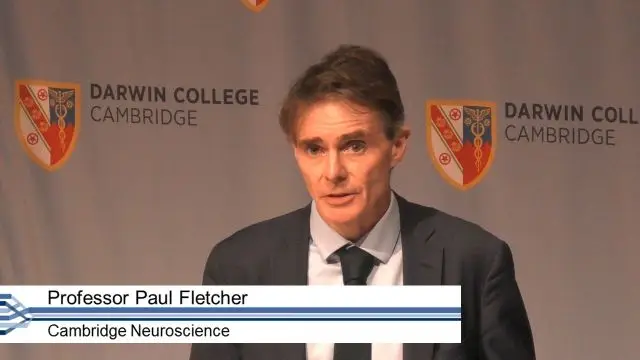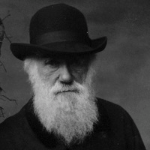Visions

5 years
1.7K Views
Category:
Description:
The brain strives to become a model of the world in which it must survive. It is often more important for it to be functional and efficient than it is to be factually correct. Indeed, there are numerous instances in which it seems to favour usefulness over accuracy, expectation over actuality. This has led many to conclude that even normal perception has a constructive or hallucinatory quality. In extremis, under the influence of fatigue, fear, illness or drugs, an entire reality may be created, one that seems to conflict with the reality accepted by those around us. This condition, known as psychosis, offers us important glimpses into the mechanisms of the mind and the many ways in which they may be altered.
Paul Fletcher is Bernard Wolfe Professor of Health Neuroscience at the University of Cambridge, Director of Studies for Preclinical Medicine at Clare College and Honorary Consultant Psychiatrist with the Cambridgeshire and Peterborough NHS Foundation Trust. He studied Medicine, before carrying out his specialist training in Psychiatry and taking a PhD in cognitive neuroscience. He researches human perception, learning and decision-making and is especially interested in hallucinations – perception in the absence of a stimulus – feeling that the existence of such phenomena offers us important insights in to how our brains construct our experience of the world.
Paul Fletcher is Bernard Wolfe Professor of Health Neuroscience at the University of Cambridge, Director of Studies for Preclinical Medicine at Clare College and Honorary Consultant Psychiatrist with the Cambridgeshire and Peterborough NHS Foundation Trust. He studied Medicine, before carrying out his specialist training in Psychiatry and taking a PhD in cognitive neuroscience. He researches human perception, learning and decision-making and is especially interested in hallucinations – perception in the absence of a stimulus – feeling that the existence of such phenomena offers us important insights in to how our brains construct our experience of the world.


